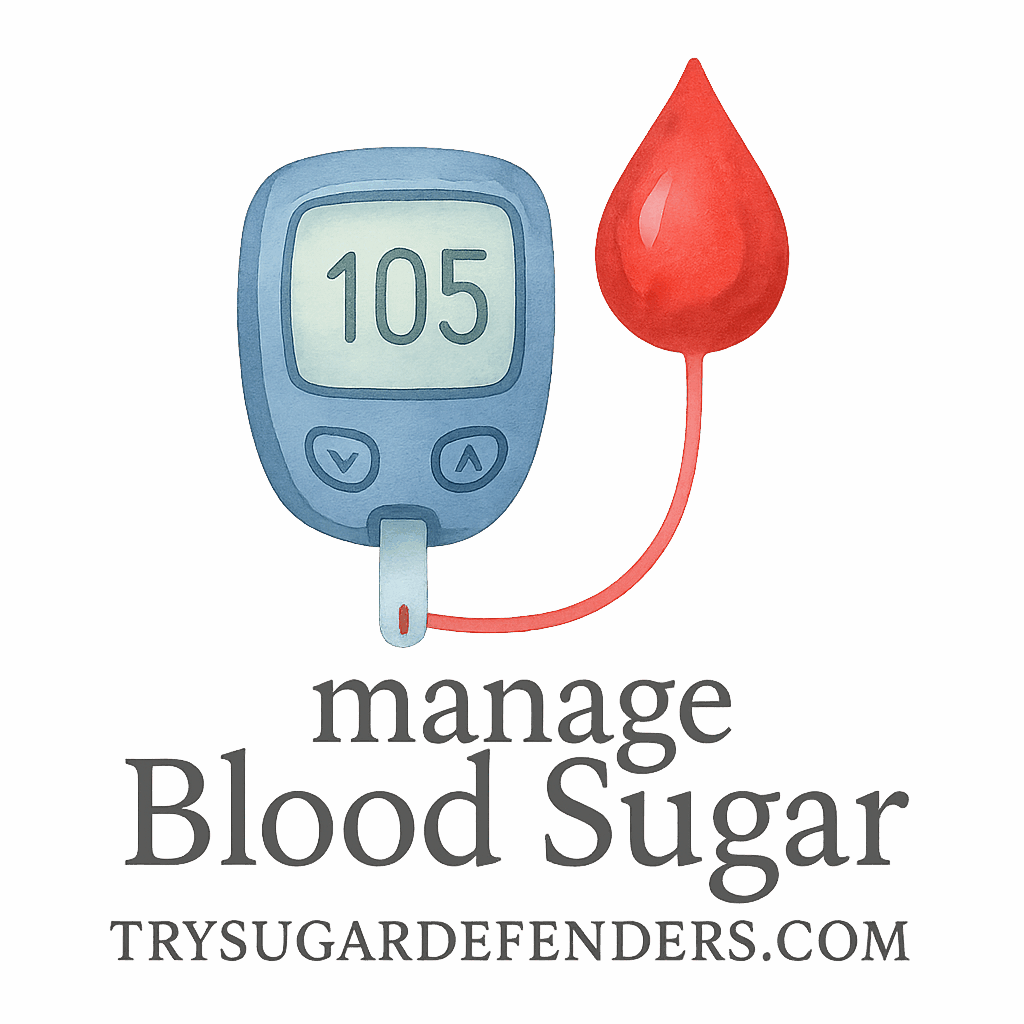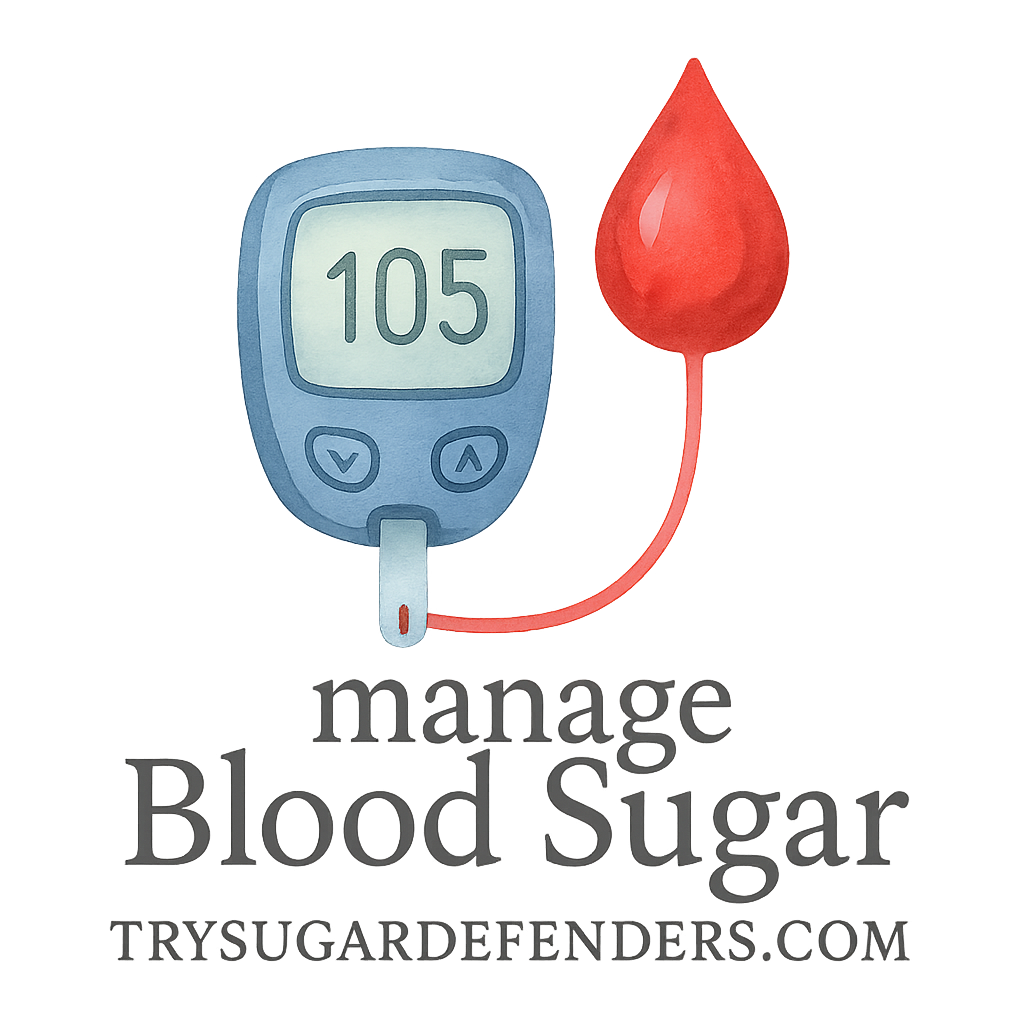Let’s face it—keeping tabs on your blood sugar can feel like a full-time job. But if you’re someone trying to live healthier, manage diabetes, or even just stay ahead of future risks, blood sugar tracking is one of the most powerful tools in your wellness arsenal.
In this article, we’re breaking down the 7 most frequently asked questions about blood sugar tracking—and answering them in plain, no-nonsense English. Get ready for some real talk, backed by real info, with internal links to helpful resources like Sugar Defenders.
Why Is Blood Sugar Tracking So Important?
The Foundation of Better Health
Think of blood sugar tracking like your car’s dashboard. If you’re not watching the speedometer or fuel levels, you’ll end up stranded—or worse. Blood sugar gives you insight into how your body responds to food, activity, stress, and medication.
Prevention and Early Detection
Even if you’re not diabetic, tracking helps detect early signs of insulin resistance or metabolic issues. This is especially crucial if you have a family history or other risk factors. Visit our monitoring and tracking guide for more.
What Tools Can I Use to Track Blood Sugar Levels?
Traditional Glucometers vs. CGMs
Glucometers are the classic finger-prick devices. CGMs (Continuous Glucose Monitors) are newer tech that stick to your body and track in real-time.
Pros and Cons of Each
- Glucometers: Affordable, portable, and easy to use—but require multiple pricks per day.
- CGMs: Super convenient and great for spotting trends, but pricier and not always covered by insurance.
Check out our devices comparison page for a full breakdown.
Smart Devices and Mobile Apps
Apps like MySugr, Dexcom, or your smartwatch can sync with glucometers or CGMs. Some even provide analytics and alerts, which helps you stay ahead of crashes or spikes.
How Often Should I Check My Blood Sugar?
Timing Matters
Most people check before meals, two hours after eating, and sometimes before bed. If you’re using insulin, you may need to check even more frequently.
Guidelines for People with Type 1, Type 2, and Prediabetes
- Type 1: 4–10 times daily
- Type 2: 1–4 times daily depending on treatment
- Prediabetes: A few times per week is often enough
Consistency is key—learn how to build a healthy tracking routine.
What Are Normal and Abnormal Blood Sugar Ranges?
Understanding Your Numbers
Here’s a quick cheat sheet:
- Fasting (before meals): 80–130 mg/dL
- After meals: Under 180 mg/dL
When to Be Concerned
If your numbers frequently spike above 200 or dip below 70, it’s time to talk to your doctor. Explore consultation options for help interpreting your numbers.
Can Diet and Exercise Affect Blood Sugar Tracking?
Diet: More Than Just Counting Carbs
Yes, carbs matter—but so does what kind and when you eat them. Focus on whole foods, fiber, and low glycemic options. The diet & nutrition section has more on this.
Focus on Nutrient Timing and Quality
What you eat and when you eat it plays a big role in spikes. Spread meals evenly and balance protein, fat, and carbs.
Exercise and Consistency
Exercise improves insulin sensitivity—but beware! Intense workouts can temporarily raise blood sugar. Check our exercise & lifestyle guide to find your best-fit routine.
How Do Emotions and Stress Impact My Readings?
The Blood Sugar-Stress Connection
Stress releases cortisol, which can raise blood sugar. Ever notice a spike before a presentation or tough meeting? Yup, that’s your body’s fight-or-flight kicking in.
Using Behavioral and Mental Strategies
Mindfulness, CBT, and journaling can make a huge difference. Check out these mental strategies and our tag on CBT.

What’s the Best Way to Stay Consistent with Tracking?
Build a Routine That Works for You
Morning coffee? Track then. Heading to bed? Log your day. Habit stacking (pairing it with another routine) helps make it stick.
Track, Review, and Adjust
Just like a budget, your data means nothing if you don’t use it. Review weekly and tweak based on trends. Bookmark our tracking methods page for ideas.
Conclusion
Tracking your blood sugar doesn’t have to be a burden—it’s a cheat code for understanding your body. Whether you’re just starting or already deep in the glucose game, the tools and techniques are out there to help you succeed.
From monitoring gadgets and mindful eating to stress hacks and lifestyle shifts, it’s all about finding what fits your life. Remember, consistency trumps perfection. So take a breath, log your numbers, and check in with your body—it’s got a lot to say.
Check out Sugar Defenders for resources, expert tips, and community support to make tracking your blood sugar second nature.
FAQs
1. Can supplements really help regulate blood sugar?
Yes! Natural supplements like berberine, cinnamon, or alpha-lipoic acid have shown promise. Explore science-backed options on our medical supplements page.
2. Is fasting good or bad for tracking?
It depends. Intermittent fasting can help stabilize blood sugar but may lead to lows if not done right. Consult your doc and check our diet tag.
3. How do I know if I need professional help?
If your numbers are unpredictable or symptoms worsen, a consultation might be necessary. Visit our doctor and consultation page.
4. Are there any side effects to frequent tracking?
Physically, maybe a little finger soreness. Mentally, it can become obsessive if not managed well. That’s where mental strategies come in.
5. Is it okay to skip days?
Life happens—missing a day won’t ruin your progress. But don’t make it a habit. Use goal-setting tools to stay on track.
6. What’s the best time of day to track blood sugar?
Most experts recommend before meals and 2 hours after. Check what works best for your schedule and treatment plan.
7. Do I need to track blood sugar forever?
Not necessarily. If your numbers stabilize, you might cut back. But periodic tracking is still smart—just like a regular check-up.


